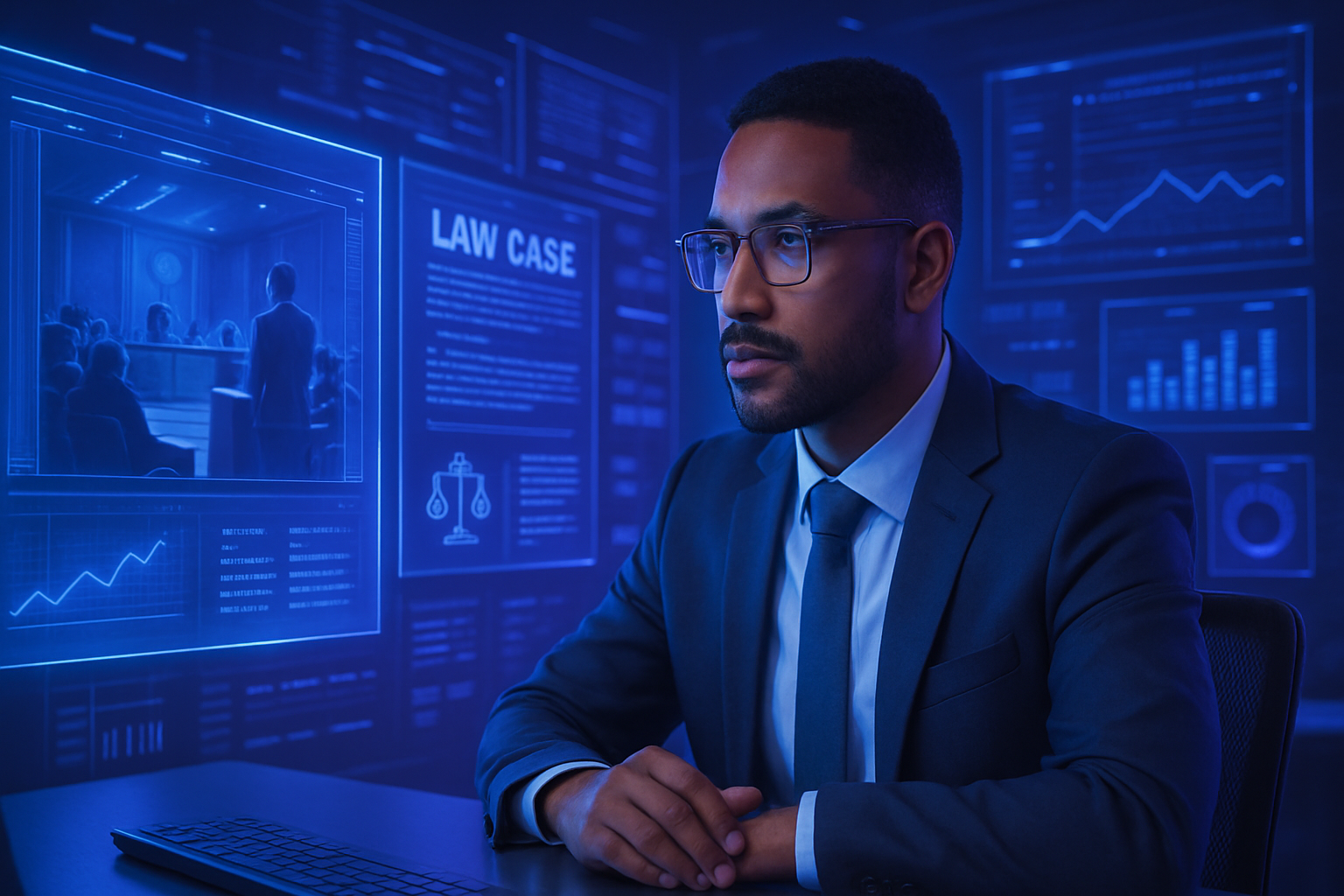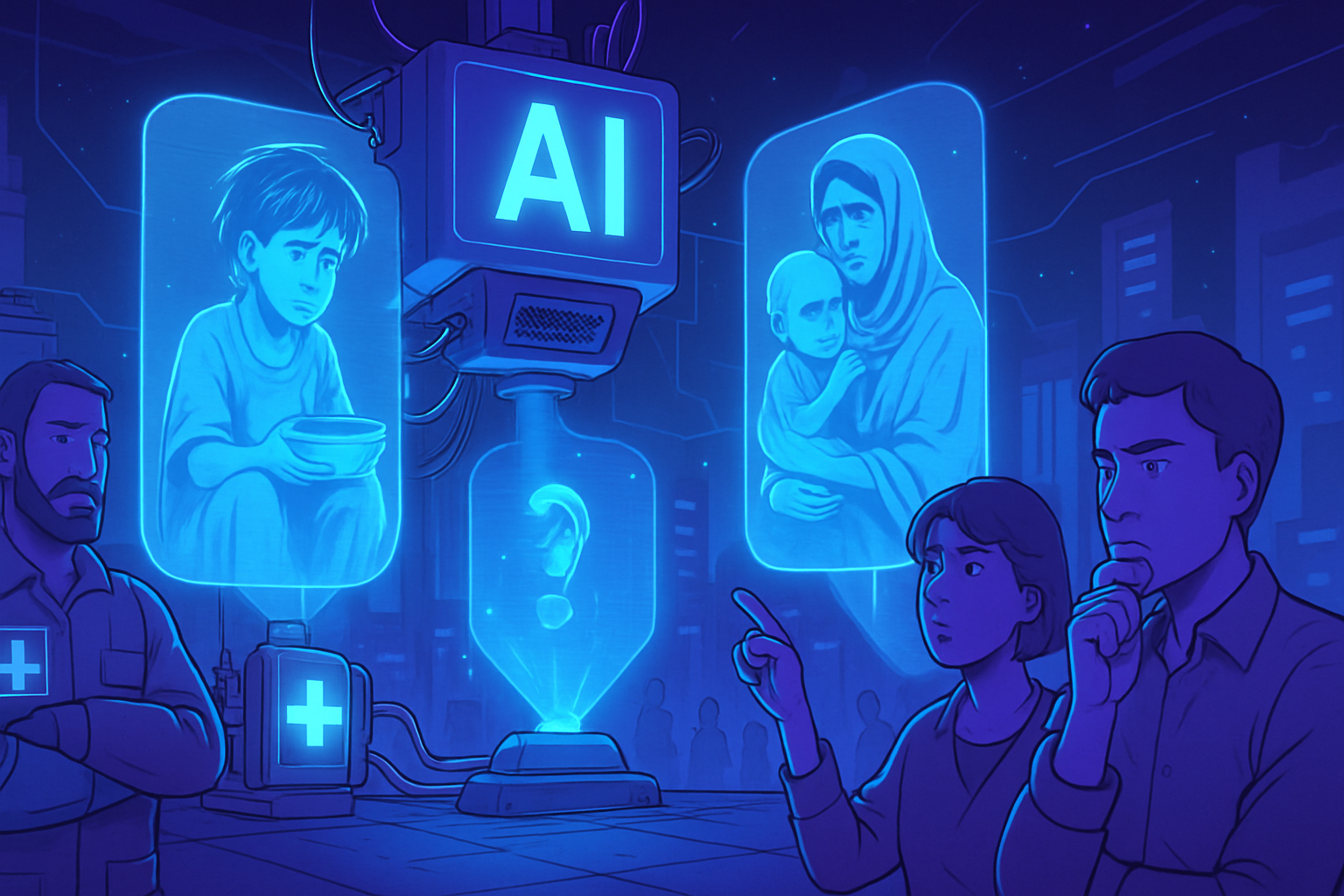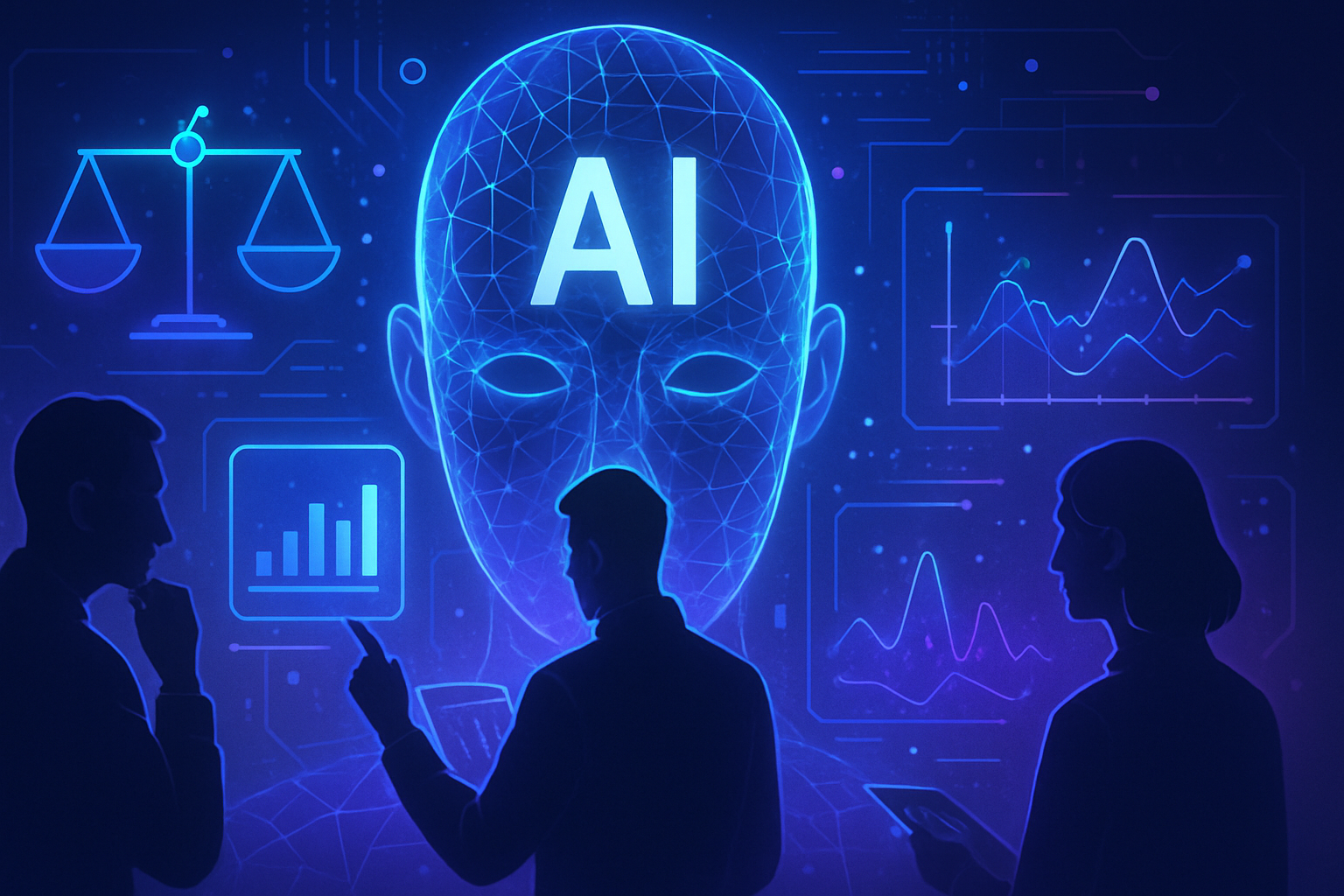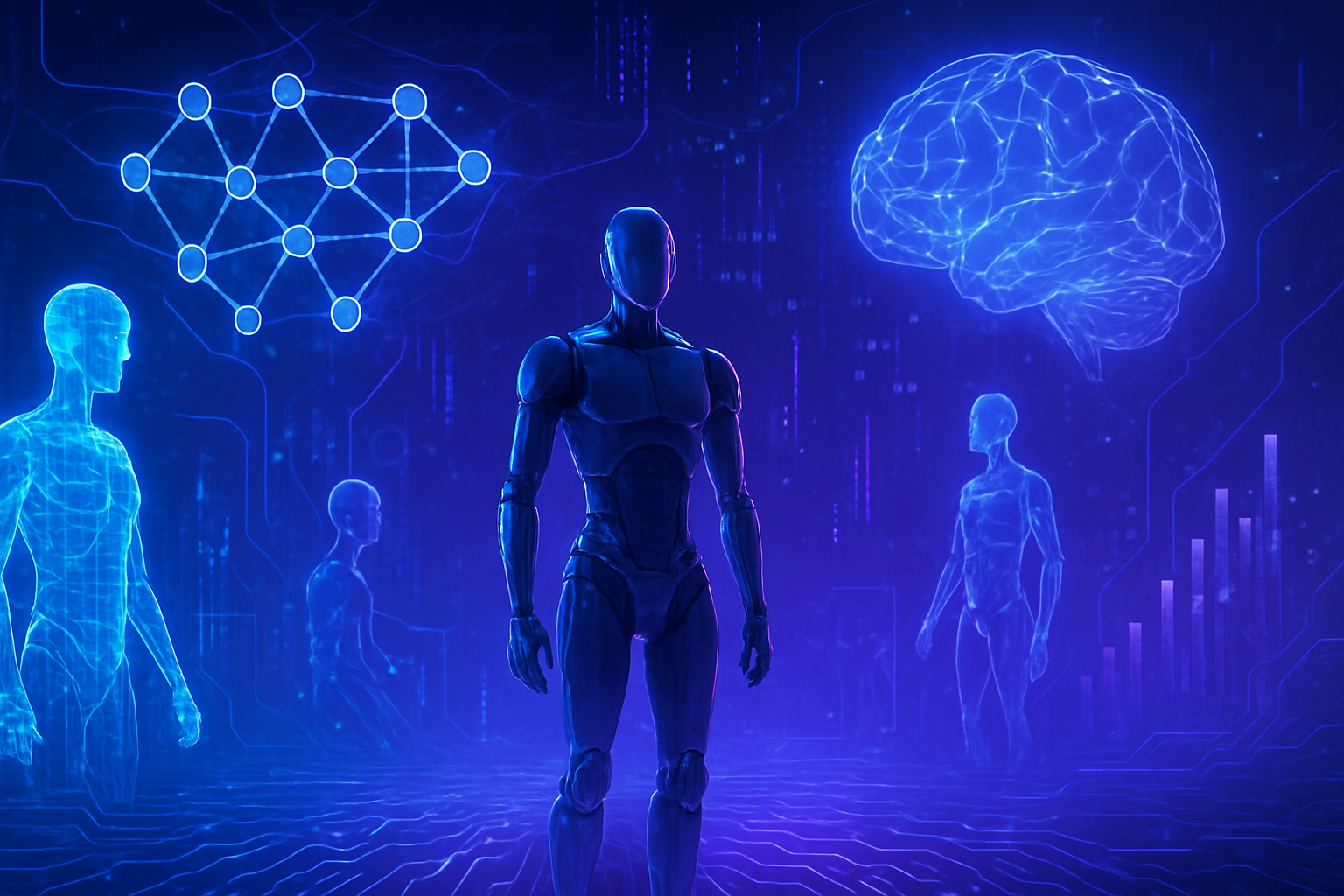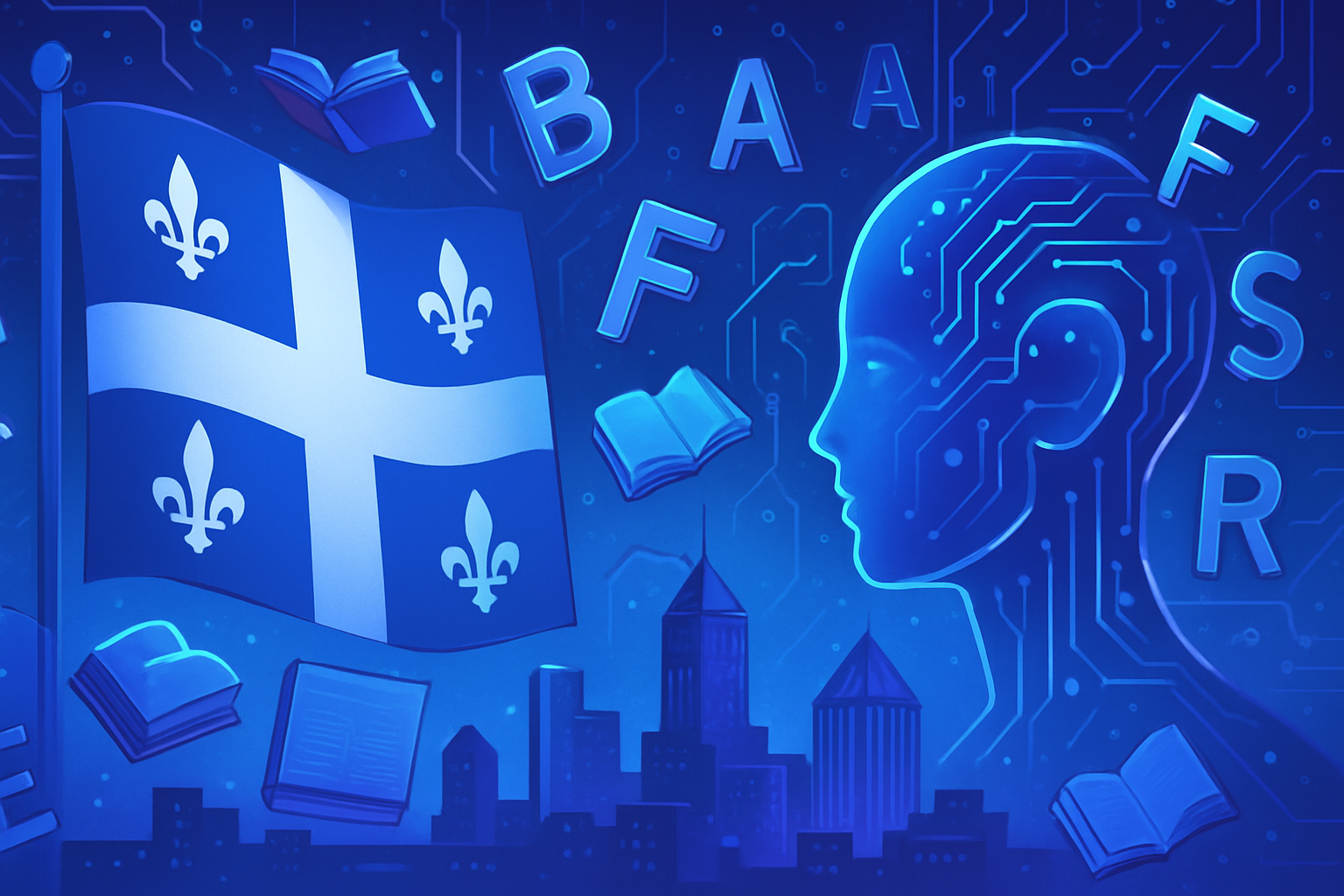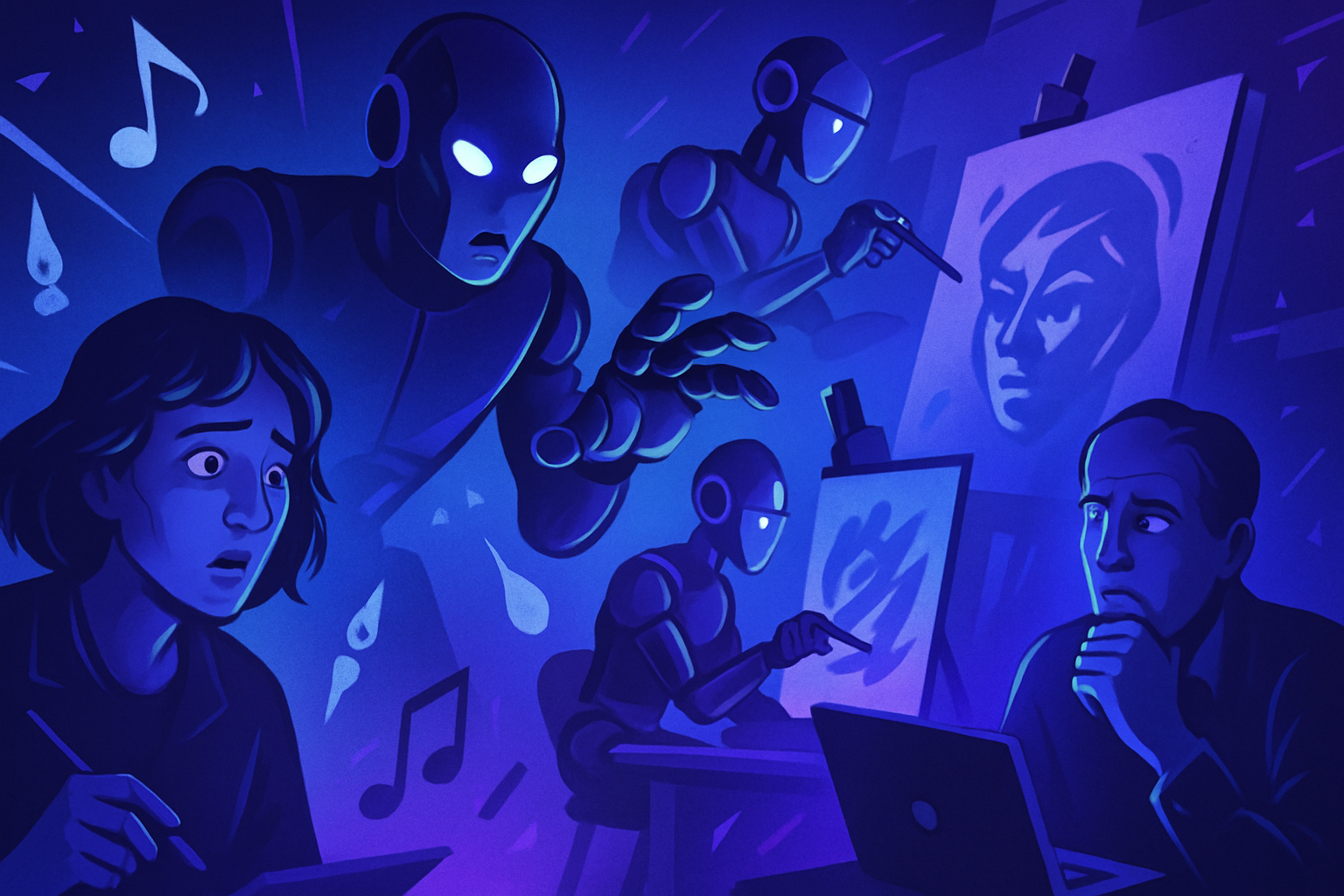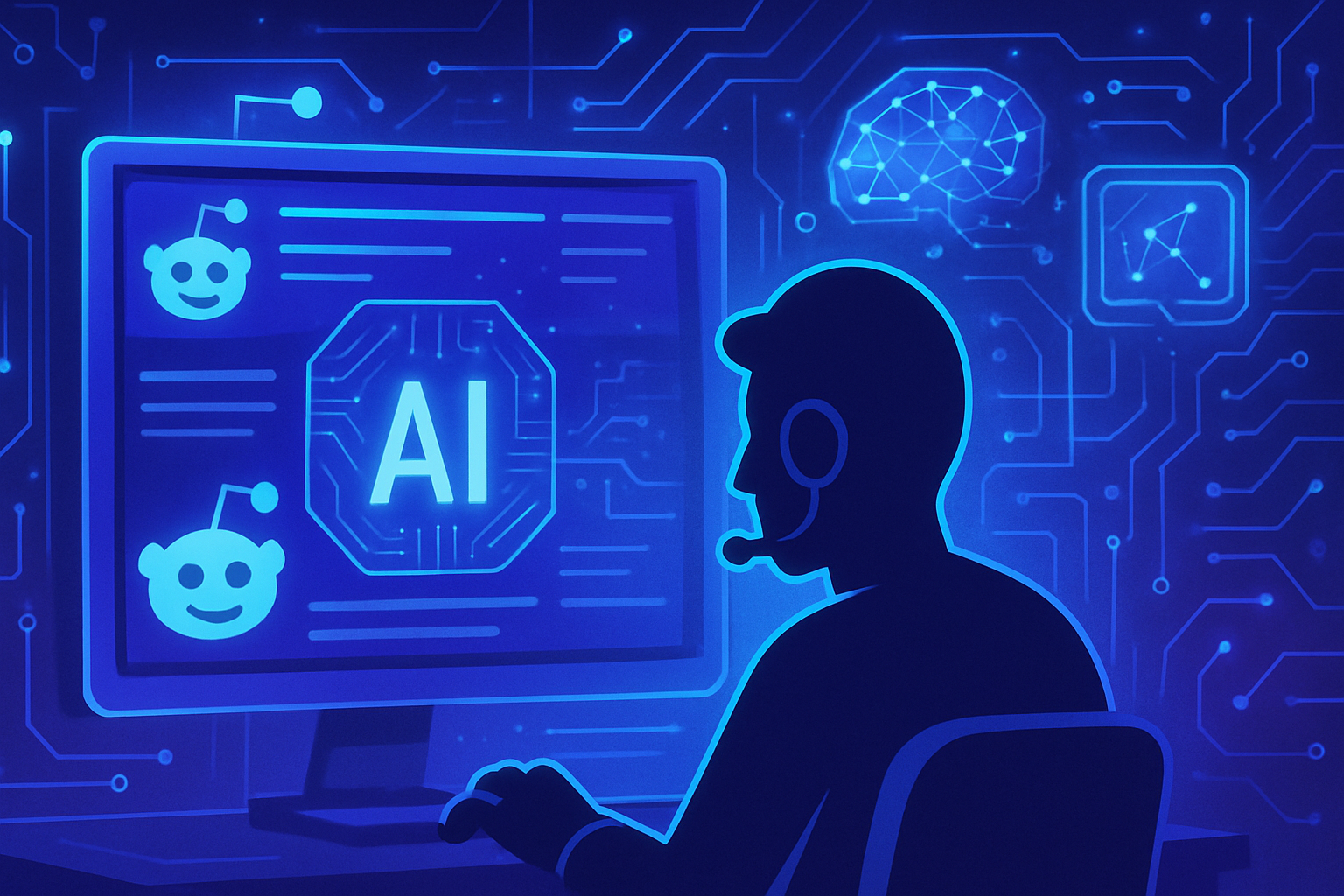The professional ethics undermined by the emergence of artificial intelligence in the legal field questions the very foundations of practice. A lawyer, caught red-handed, resorted to AI tools to prepare for a hearing, thus producing fictitious business references to the detriment of judicial truth. This situation raises crucial questions about the integrity of legal processes and the protection of the rights of litigants. The implications of this case transcend the mere instance of one lawyer, posing an unprecedented challenge for the profession and public trust in the system.
The Rahman Case: The Use of AI in Law Contested
A court recently uncovered a troubling case concerning the use of AI by a lawyer, Chowdhury Rahman. During a hearing dedicated to Honduran sisters seeking asylum, Rahman was accused of citing legal cases that turned out to be fictitious or irrelevant.
Discovery of Fraudulent Use
The discovery of Rahman’s shortcomings was made by the presiding judge, Mark Blundell. A meticulous analysis of his documents revealed that he had used software similar to ChatGPT for his legal research. Rahman clearly did not verify the accuracy of this information before submitting it to the court.
The Consequences of Inappropriate Use of AI
Judge Blundell expressed concern about this practice. He indicated that Rahman had attempted to conceal the use of AI, thus wasting the court’s precious time. In this regard, the judge is considering reporting the lawyer to the Bar Standards Board for breaching professional standards.
The Details of the Case
The sisters in question, aged 29 and 35, sought protection due to threats to their lives. The case was brought to the higher court after the initial statements raised doubts. Blundell rejected the arguments presented by Rahman, stating that nothing in his submissions indicated a legal error by the initial judge.
Inaccuracies in Legal Citations
Rahman cited 12 authorities in his documents. However, the analysis revealed several cases that did not exist. Some of the cited cases did not even support the legal arguments for which they had been presented. This finding led Blundell to state that Rahman seemed unaware of the existence of these authorities.
Use of AI: A Warning for the Legal Sector
Blundell noted that the most obvious explanation behind these anomalies was the use of generative artificial intelligence during the drafting of the appeals. This situation underscores an alarming risk within the legal sector, particularly with the emergence of technologies such as ChatGPT.
Lawyer’s Reaction
In response to the accusations, Rahman stated that the inaccuracies stemmed from his writing style. However, this kind of argument did not convince the judge, who pointed out that the issues raised went far beyond stylistic questions. The cited authorities were either non-existent or irrelevant.
The Future of AI Regulation in Law
This case could set a precedent regarding the regulation of the use of AI in the legal field. Similar cases regarding image use and copyright issues also illustrate the growing need for clear standards. The question of liability and culpability in cases like these will require vigorous attention from regulatory bodies.
Frequently Asked Questions
What role does artificial intelligence play in lawyers’ work?
Artificial intelligence can be used to automate certain legal tasks, such as case law research, document drafting, or data analysis. However, its use must be rigorous to ensure the accuracy and validity of the information.
What are the risks associated with the use of AI by lawyers?
Risks include the dissemination of incorrect information, the citation of fictitious or irrelevant cases, and a lack of human oversight on the quality of conducted research. This can lead to serious consequences during court hearings.
How can a lawyer ensure the validity of their legal sources when using AI?
A lawyer should always manually verify the sources produced by AI, ensuring that the citations and references actually exist and support the arguments made in the case.
What are the legal consequences if a lawyer uses fictitious cases in their pleadings?
Using fictitious cases can lead to disciplinary sanctions, such as warnings or suspensions, as well as a loss of credibility with the court and clients.
How can one identify legal research conducted by AI rather than manually?
Inconsistencies in citations, a lack of understanding of legal nuances, or incoherent arguments may indicate that AI has been used without appropriate verification.
What kind of verification should a lawyer perform after using AI?
A lawyer should review each citation, ensuring they are well-referenced in case law, and evaluate their relevance to the facts of the case.
Do legal regulatory boards impose restrictions on the use of AI in lawyers’ work?
Yes, some regulatory organizations are examining and establishing guidelines regarding the use of AI to ensure that ethical standards and the quality of legal services are maintained.
